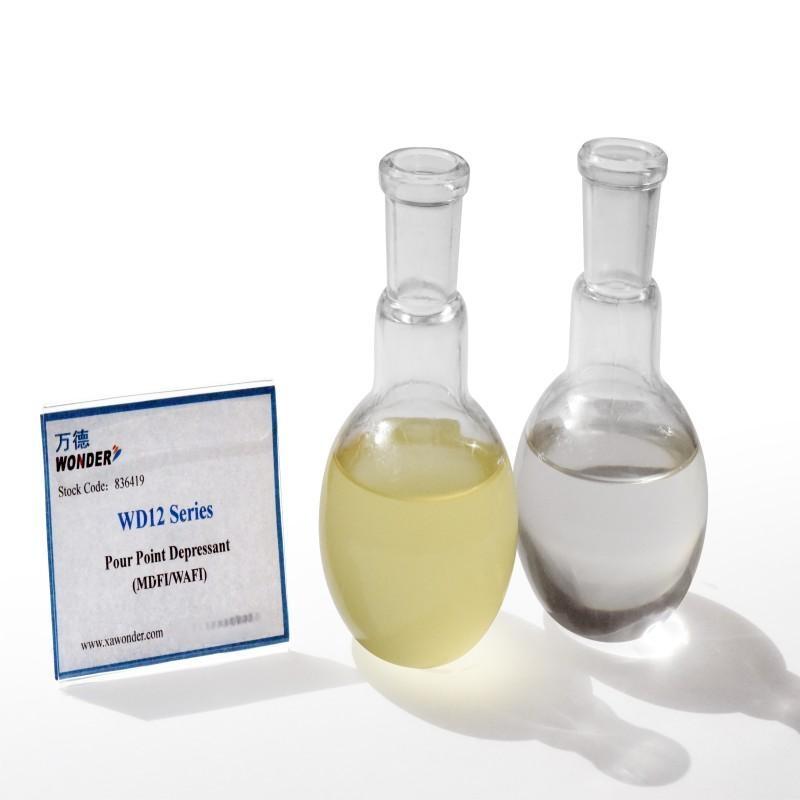-
Categories
-
Pharmaceutical Intermediates
-
Active Pharmaceutical Ingredients
-
Food Additives
- Industrial Coatings
- Agrochemicals
- Dyes and Pigments
- Surfactant
- Flavors and Fragrances
- Chemical Reagents
- Catalyst and Auxiliary
- Natural Products
- Inorganic Chemistry
-
Organic Chemistry
-
Biochemical Engineering
- Analytical Chemistry
-
Cosmetic Ingredient
- Water Treatment Chemical
-
Pharmaceutical Intermediates
Promotion
ECHEMI Mall
Wholesale
Weekly Price
Exhibition
News
-
Trade Service
Although the European Union is considering a complete ban on Russian crude oil supplies and Western countries led by the United States have repeatedly put pressure to increase production, OPEC+ members have once again approved a small monthly production increase plan, and global crude oil supply seems to be about to tighten
.
Some major crude consumers have called on Saudi Arabia and its partners to fill the gap left by the boycott of Western Russian crude and help ease consumer pressure
from oil prices approaching $110 a barrel.
But OPEC+ members approved a 432,000 barrels per day production increase in June in a
shorter-lived meeting, according to a new OPEC+ statement today.
Stimulated by this news, U.
S.
oil and crude oil prices continued to rise, with WTI crude oil up nearly 3% and crude oil up more than 3%
as of press time.
However, some analysts doubt that all members of the group can achieve this production
increase plan as most members grapple with capacity constraints.
According to statistics compiled by Bloomberg, most of the organization's member countries actually did not complete their plans
to increase production at all last month.
Bill Farren-Price, director of EnverusIntel ligence Research, said ahead of Thursday's ministerial meeting: "OPEC's steady pace of increasing supply since mid-2021 appears to be losing its momentum
.
" "As Western sanctions against Russia increase and supply risks rise, the organization's ability to stabilize oil prices is gradually dissipating
.
"
OPEC+ members refused to fill Russia's gap
The situation facing the group is further complicated by the Russia-Ukraine tension, and any measures beyond the planned monthly supply increment will require strong support from Russia, and other oil producers are unlikely to make up for the supply gap
left by Russia.
Changing policies without Russian support could undermine the 23-nation alliance, whose leaders are increasingly strained with their traditional ally, the United States, and some members have expressed support for Russia to remain in OPEC+
.
OPEC's next ministerial meeting will be held
on June 2, local time.
Since the escalation of the Russian-Ukrainian conflict, the duration of OPEC+ meetings has become shorter and shorter
.
Despite the group's public commitment to transparency, the group has not held any press conference this year to explain the group's thinking
.
Saudi Arabia said it does not believe that the Russia-Ukraine issue will cause a supply shortage, because major consumers such as India are snapping up supplies that Western countries do not want
.
Some analysts said that with the EU ban on Russian oil likely to take effect in the next 6 months, this position may change, and any additional crude oil supply in the market will come from countries
such as Saudi Arabia, the United Arab Emirates or Iraq.
And, despite increasing quotas, OPEC members such as Angola and Nigeria have been unable to boost production
.
Western countries, led by the United States, are taking countermeasures
At present, the United States and other major crude oil consumers have responded to OPEC+'s tough attitude by deploying a strategic crude oil reserve release plan
.
With these measures struggling to rein in rising oil prices, there are signs that countries like the United States are becoming increasingly hawkish
on energy supplies.
With oil prices hitting new highs, the implementation of the plan that has kept OPEC subject to U.
S.
antitrust laws for decades is accelerating
.
Some analysts expect the Senate Judiciary Committee to pass a bill
called NOPEC on Thursday local time.
The percentage of votes cast by the committee members will pave the way for full Senate consideration of the bill, which is understood to allow the U.
S.
to sue the group, known as OPEC+, for manipulating the energy market
.







